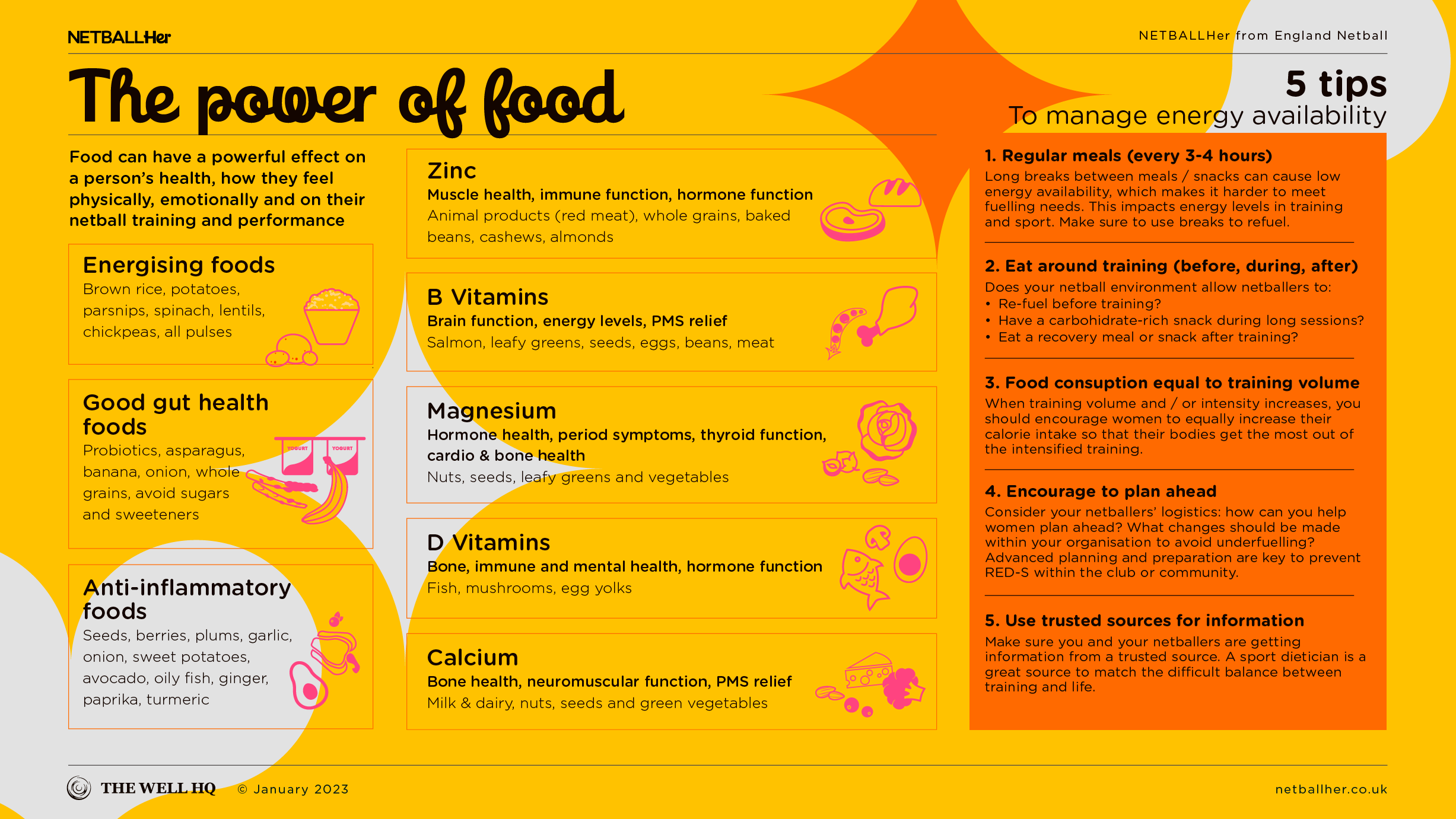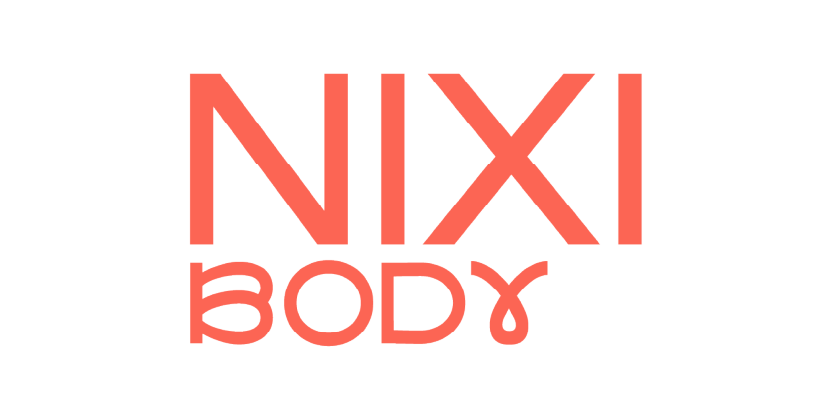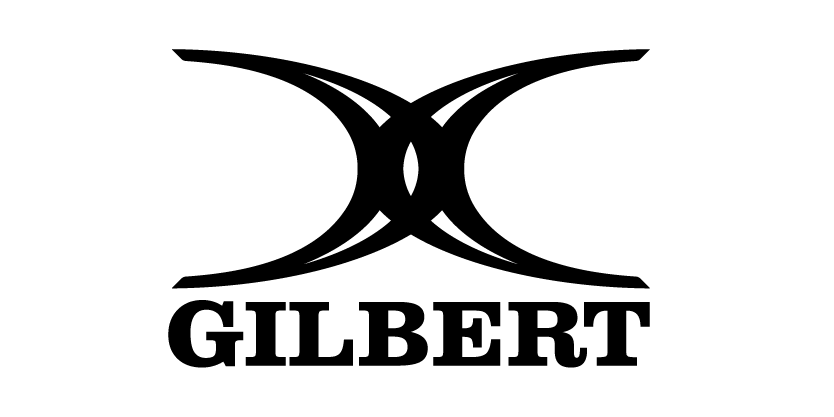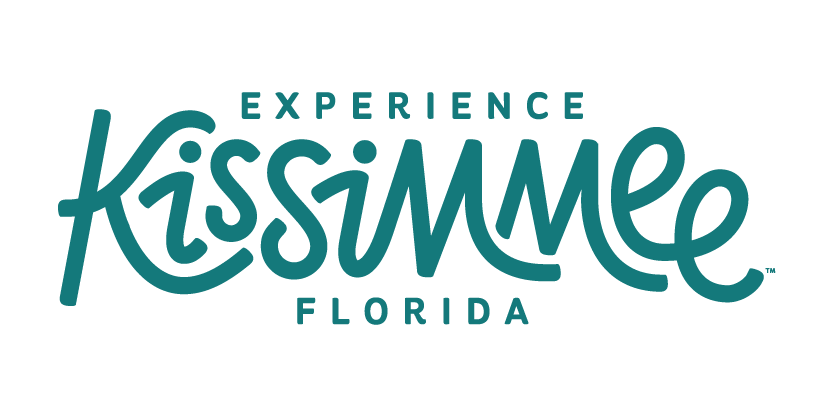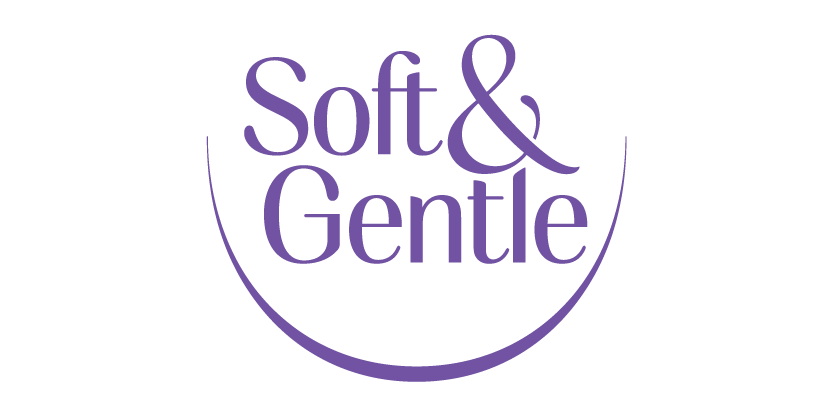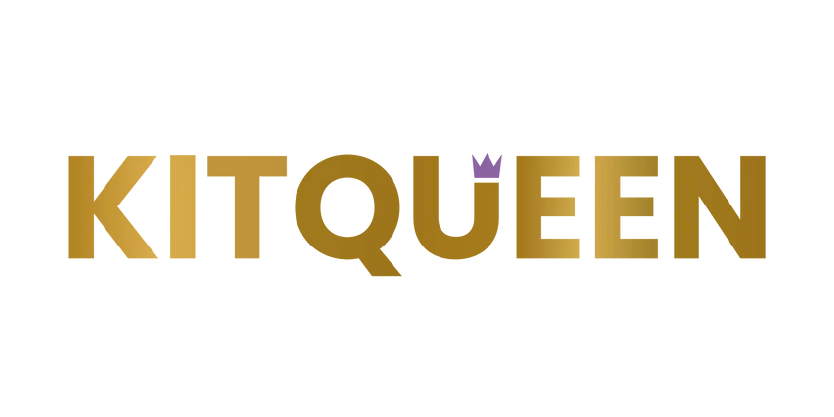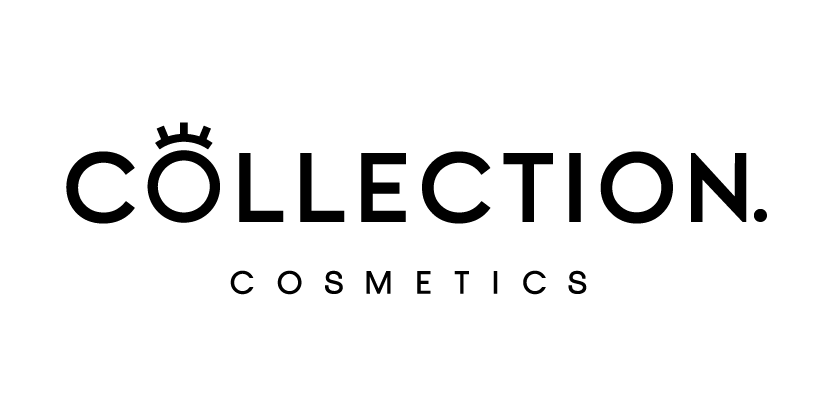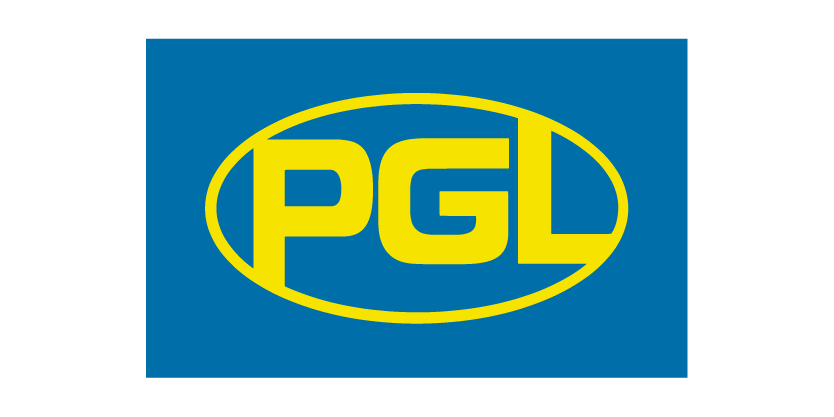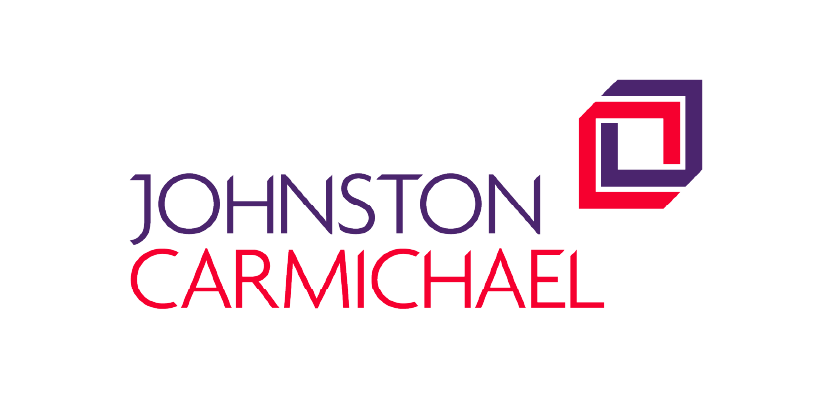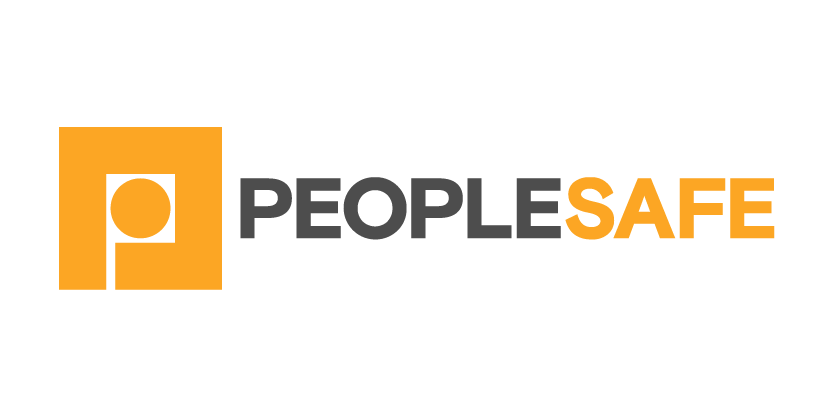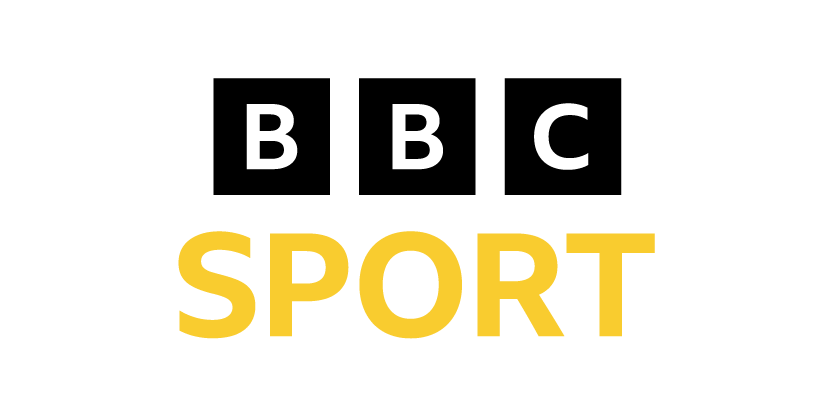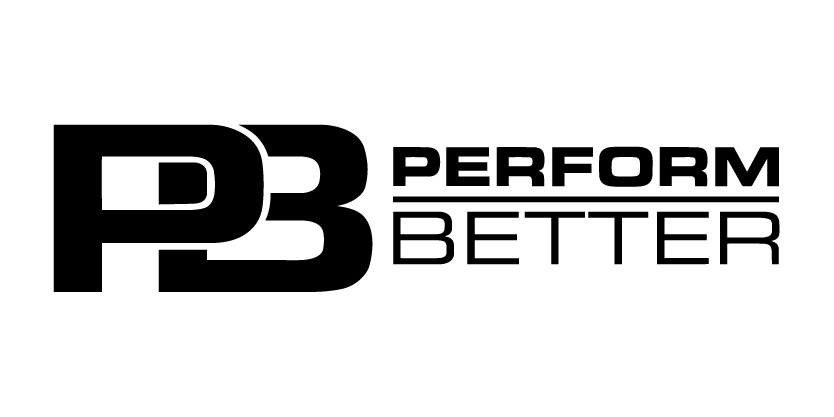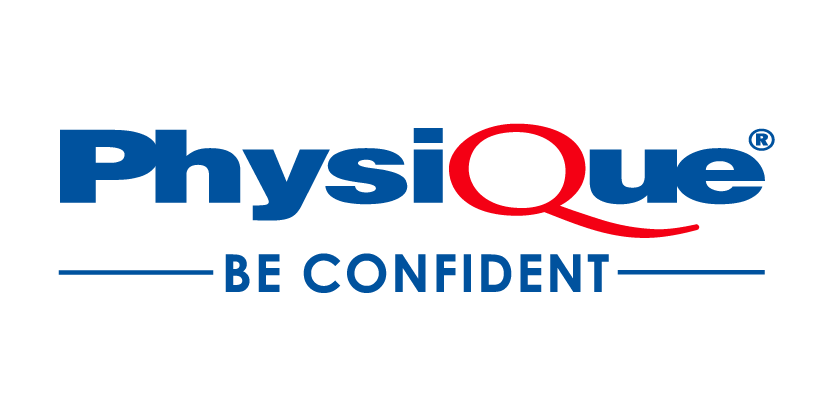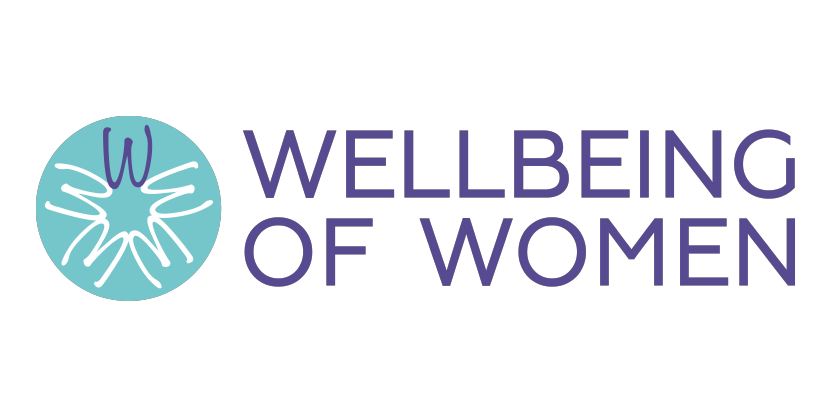Click play for an audio readthrough of this article
Active teenage girls need compelling messages about food and nutrition. If we don’t, social media will …
We all, all of us, want teenagers to grow up feeling good about themselves and their bodies. Naturally, food and nutrition have massive parts to play in that and if parents, coaches and teachers don’t deliver compelling enough messages then social media will do it for us – harder, faster, stronger and with a glossy glitz we just can’t compete with.
We won’t vilify social media entirely, but it’s fair to say – when you consider WhatsApp, Facebook, TikTok, Twitter, influencers, YouTubers, Instagrammers and on and on and on – that for good or bad, social media’s omnipotent power could easily shape a person’s opinions and belief systems.
Remember MySpace?
Body changes, wild hormones, physical and mental feelings that are painfully new and all kinds of uncomfortable – teenage girls have a lot to contend with.
As adults it’s easy to forget that time. What’s more, those of us over a certain age probably can’t identify with some of the additional pressures of modern adolescence. Namely a teenage girl’s digital in-tray.
If you’re a parent or a coach of younger girls today then some quick maths suggests you probably came of age before the social media revolution. Sure, we had MySpace and MSN Messenger, but the digital world circa 2023 is yottabytes bigger and more intensive than it ever was when we muddled through adolescence.
The trues
While not all social media influencers are bad, some are misguided and they, unfortunately, have the reach and power to instil unhelpful and even nutty ideas in impressionable young people.
Society has always, always, always peddled and idealised notions of beauty and body perfection, but media is so overwhelming now that it’s impossible to avoid, and so many people are on the body perfection bandwagon that it can start to look like everyone is rocking the Perfect 10 except you.
Hence social media diets promise big, quick turnarounds that prey upon these insecurities. These diets don’t come from a place of knowledge, they’re not always cynical or malicious, they simply prey upon people’s fears and anxieties by promising the moon. With glossy images and visual proof – the whole package is seriously seductive.
These diets all, give or take, advocate some combination of no carbs, or no fat, or sometimes even no food at all.
But the reality is that such diets can be physically damaging. More than that, any results won’t last long and what’s most spiritually wonky is that they prioritise how a body looks instead of how it feels and functions. Without an intervention, impressionable girls will arm themselves with bad information, and set off down a bad path.
So as bonkers as it is to have to say, here goes:
Food is important. Food is especially important for developing girls, and even more so for developing girls who love to stay active.
Carbs are not the devil but a necessity. The female body needs a decent baseline of carbohydrate just to keep its hormonal engine humming. Fat is essential, as are protein and micronutrients.
Developing girls require a rich and broad variety of nutrition to tend to all the different functions and facets of what’s going on. Cutting out food groups is not good advice. Fasting is not good advice. Deliberately undereating and overtraining will cause physical and / or emotional pain.
Quick fixes
We hit that last message hard because developing teenagers have been known to try to fight the natural process. In effect, active girls – especially very driven ones – have been known to weaponise food and exercise to try and arrest changes in the body.
As we know, the development of curves, breasts and hips is a natural, and beautiful, part of growing up. But it’s not a stretch to imagine that all the girl hears is “bigger”, “wider”, “more fat”, “extra curves” …
And if them’s the headlines, they don’t necessarily sound appealing. Not without the right information and context at least. As parents and adults it’s our jobs to provide that information and context.
Because without intervention, a diet that offers a magic fix to reverse those unappealing changes (“fat”, “curves”, “bigger”, “wider”) may sound like a wonderful idea. And if she looks hard enough she’ll find it … thank you social media.
Be the influencer
Once again, dodgy, shape-challenging diets, or however they’re marketed, invariably start with the premise that a healthy body is defined by how it looks – not how it feels.
So parents: have conversations with your girls about how beautiful their bodies are. Instil in them that the ‘perfect’ body doesn’t exist. More than that, no one is perfect (and no one has to be).
We can all plant early seeds about the benefits of a balanced diet and, what’s more, the physical, mental and lifetime drawbacks of seeing food as an enemy. We can all do more to ensure our girls feel positive about themselves and their bodies, and food choices are a massive, intrinsic part of that.
See the influencer
We said in the intro we’re not here to totally vilify social media because there are allies for our teenage girls to be found there too.
There are some great sources of hope and a recent Dove campaign is one. It champions real health and real body positivity for women and girls. So if the girl in your life wants to get her information and affirmations from screens she still can, but you can play an active part in that and point her towards a better kind of message.
It’s so important we get stuck in because eating disorders peak in the teenage years. Not only is disordered eating miserable, dangerous and damaging, various charities will tell you that eating disorders have the highest mortality rate of any mental health issue.
Teachers and coaches, too, can bring this content out into the open in the classroom and on the netball court. We can empower our girls to know that health and beauty are not aesthetic things. They are feelings.
Social media can be so dangerous because it too can make us feel. Feel inadequate, feel ugly, feel intimidated. When bad information looks good and promises the moon, it may be an irresistible cocktail for a vulnerable / developing teen.
Our girls deserve better. They deserve truth and they need support. We need to be there to hold their hands and present the right information as she navigates one of life’s most challenging chapters.
As a reminder, the content of the course belongs to The Well HQ. You have permission to access and use the content yourself or, if you are an organisation, for the number of users selected, but are not otherwise permitted to share such content with others, all in accordance with our Course Terms and Conditions.

